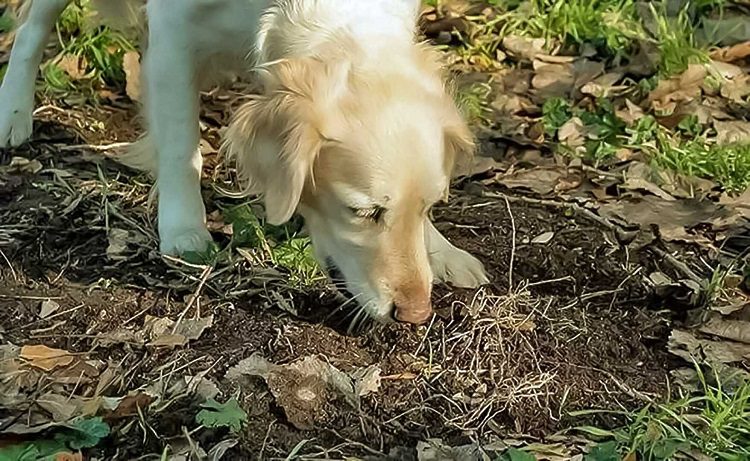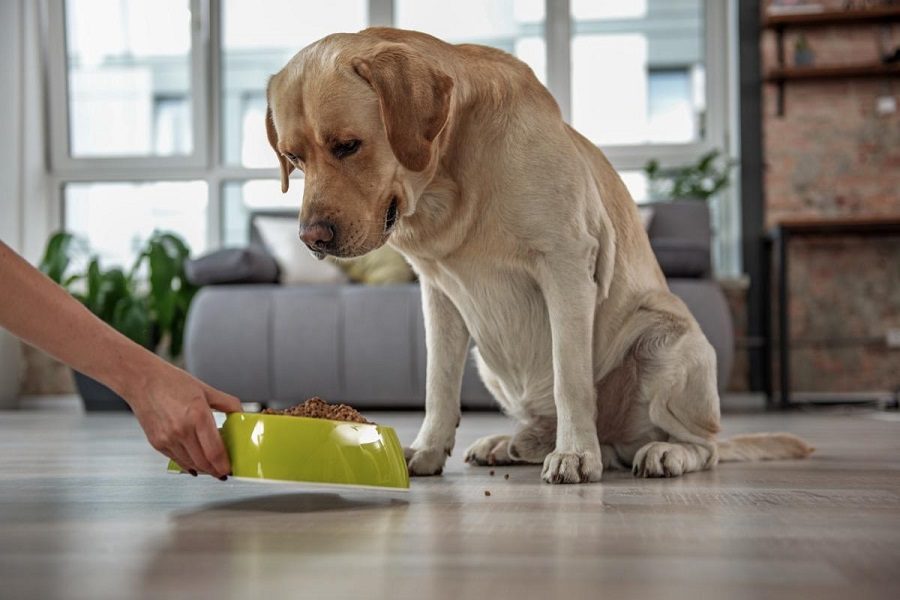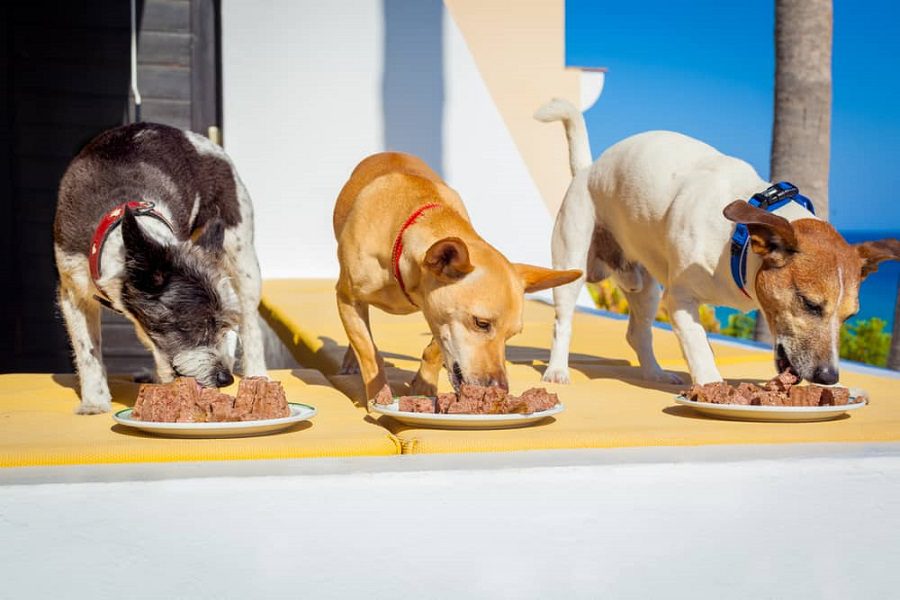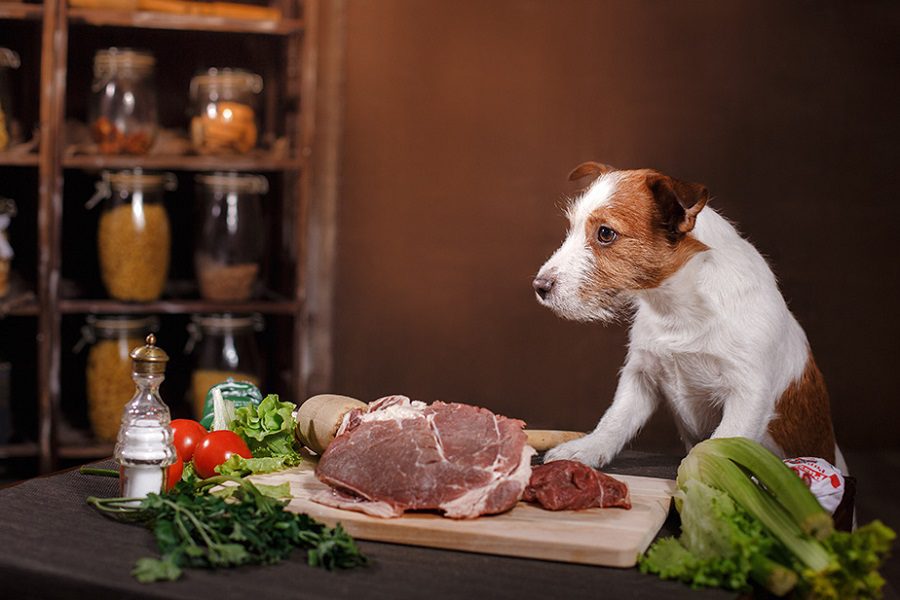Last Updated: 2 years ago
As a pet owner, your furry friend is considered part of the family, and you’d do anything to make sure that your dog’s health and well-being are top priorities.
However, dogs can be downright quirky. It’s sometimes hard to know if a particular habit is concerning or just something to roll your eyes at.
If you’ve ever had a dog eat dirt, you may have wondered why they would do this.
Is it a problem? Do you need to address this habit?
Is It Normal For My Dog To Eat Dirt?

If you’ve ever had a dog eat dirt or grass, you’re not alone. Dogs aren’t always particularly picky.
The good news is that eating dirt won’t usually hurt your puppy or cause serious illness. It’s a relatively benign habit, so don’t panic!
You can, however, address the underlying cause and discourage the behavior.
Why is My Dog Eating Dirt?
There is a name for eating substances that aren’t normally part of your pet’s diet. If you have a dog that eats grass or dirt, this is called pica.
Sometimes, a pet that eats odd things has just developed a bad habit, and redirection can reinforce a better behavior.
However, your dog may have a vitamin or mineral deficiency, and you can address that with a dietary adjustment.
Feeding your dog a homemade or raw food diet rather than providing commercial dog food may lead to a lack of needed nutrients, which can result in pica. Ask your vet to test your dog’s iron levels and assess their energy.
What Should I Do If My Dog Is Eating Dirt?
Every dog is different, and you can’t measure your puppy’s actions against the neighbor’s pooch.
- You can examine the color of your puppy’s gums to make sure that they are not too jaundiced or dull. If so, your veterinarian may order blood work or check their bone structure with an x-ray.
- If you feed your dog commercial dog food that is an AAFCO balanced diet, most likely he is getting the vitamins and minerals he needs. A raw food diet or homemade diet may result in mineral and vitamin deficiencies. So, check with your veterinary nutritionist to ensure that you are providing your dog with proper nutrition.
- Make a mental list of your dog’s normal patterns. If they already spend a lot of time sitting around, then the low activity isn’t a concern, even if your dog is eating dirt. What you are looking for is a change in their activity level, weight loss, or loss of appetite. If you notice any changes, consult your veterinarian.
- If your pet is otherwise healthy, active, and normal, eating dirt is probably just a minor issue that isn’t inherently dangerous. Keep a variety of chew toys around, such as a Kong or interactive dog ball where you can hide a treat, and keep your dog occupied working towards a goal.
Conclusion
Pets bring a lot of joy to their owners’ lives. In fact, studies show that spending time with your animal friends can have positive effects on your own health, with direct benefits that include reducing the risk of heart disease and improving the symptoms of depression.
For both your health and theirs, it’s a good idea to notice changes in your dog’s behavior. If your dog is eating dirt, the good news is that the risk of harm is quite low.
Still, talk to the vet if your puppy has also had a dramatic shift in their habits or if you see signs that they may need a dietary adjustment.
Resources:



